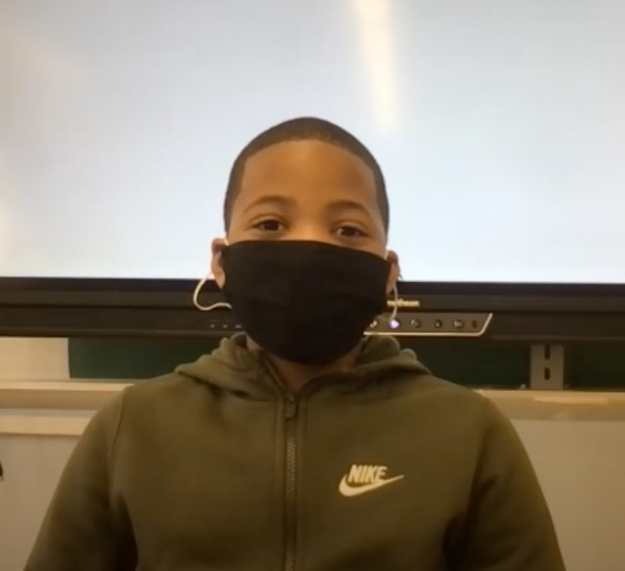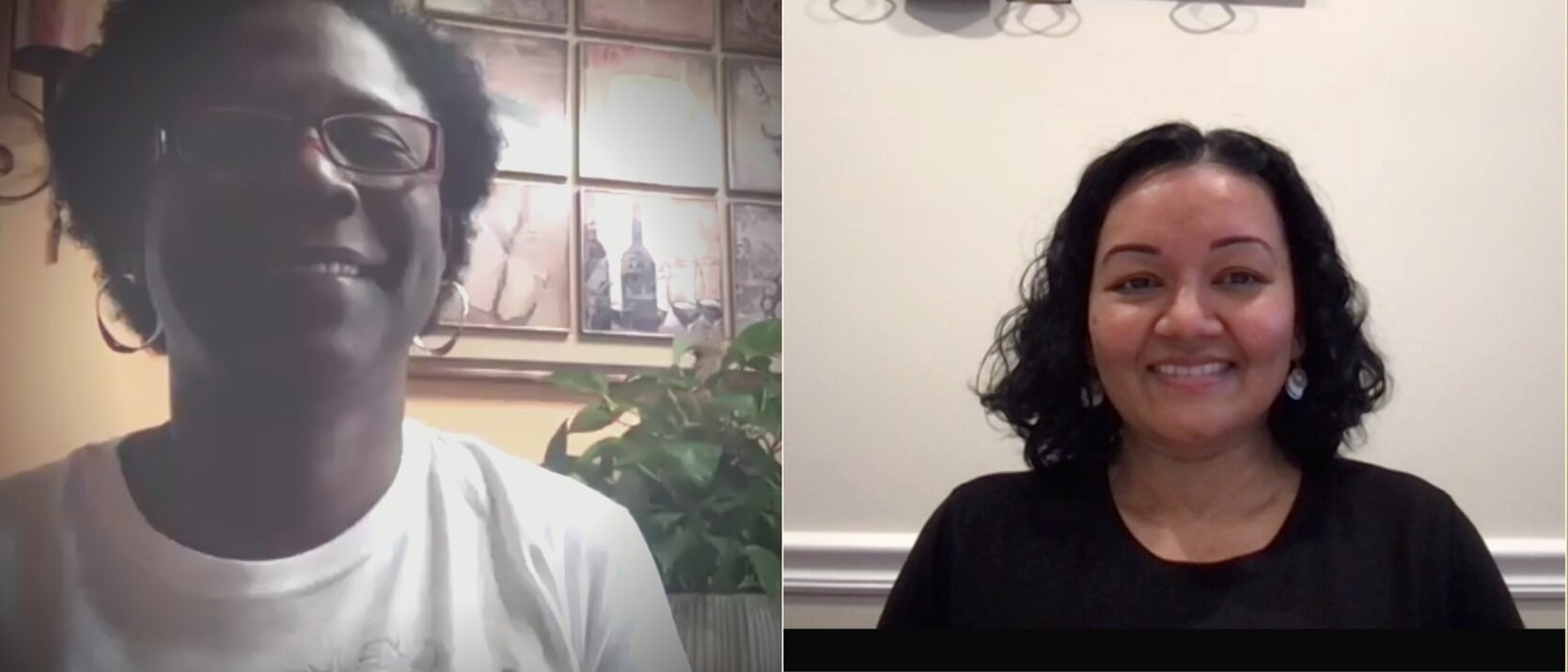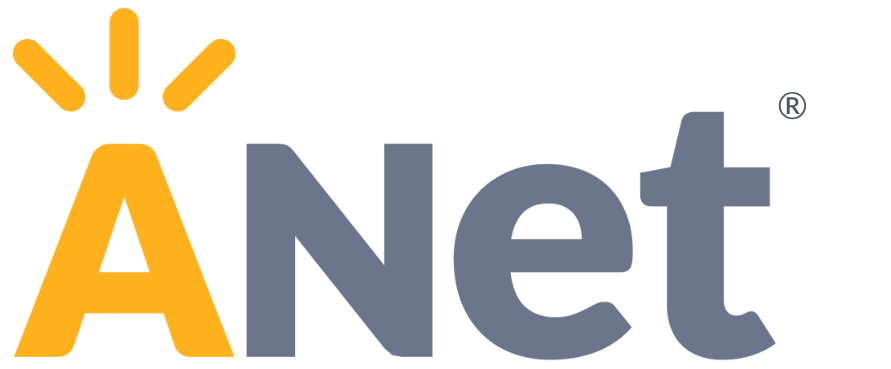-Dec-06-2023-06-29-18-6413-PM-1.png?width=720&height=540&name=Untitled%20presentation%20(1)-Dec-06-2023-06-29-18-6413-PM-1.png)
Teachers at PS 197 The Ocean School engaging in a discussion about rigor *note, this photo predates the pandemic
When Annie Blackett, a special educator at PS 197 The Ocean School in Far Rockaway, NY, says that teaching over the last year “has taught us how to be resilient, how to stay afloat” and that “this pandemic did not defeat us, it made us stronger,” it is not hyperbole; it is fact.
Scholars at The Ocean School are actually out-performing themselves from this time last year despite the many barriers to success they have experienced over the last year; their average schoolwide ELA performance is up 5% from last year, while their math performance is up 1%. When viewed against the backdrop of the past year and tacked onto their already breakthrough results in recent years, these results are particularly extraordinary.
A key factor in The Ocean School’s success has been the way they have kept their scholars at the heart of the vision they set for instructional excellence in their building at the beginning of the year.
The Ocean School reopened in September of 2020 after more than six months of primarily virtual learning. Ahead of this reopening, Principal Christina Villavicencio and Bradley Richman worked alongside their ANet Coach Rashid Johnson to set a vision for instructional excellence in their building and to “review the... practices and beliefs that we have implemented through the years” to ensure those practices and beliefs were aligned to the realities of educating during a pandemic.
-Dec-06-2023-06-29-16-2396-PM-1.png?width=720&height=288&name=Untitled%20presentation%20(2)-Dec-06-2023-06-29-16-2396-PM-1.png)
From left to right, PS 197 The Ocean School’s Principal Christina Villavicencio, Assistant Principal Bradley Richman, and ANet Director of School Support Rashid Johnson
As the leadership team worked to set a vision that would ultimately ensure that their teachers could “[engage] scholars in a rigorous… environment” whether scholars attended school virtually, in-person, or utilized a blend of the two models, their guiding principles kept scholars front and center:
-
Hold high expectations for scholars’ success
-
Address inequities head-on
-
Support and assume the best of your stakeholders
-
Lean on community partners
As a result of implementing a vision for instructional excellence that put them at the heart of the work, scholars at The Ocean School truly felt empowered to succeed during both virtual and in-person learning.

The Ocean School 3rd grader Shania with her mother, Shelly
Shelly is the mother to third-grader Shania who has been attending school virtually since the onset of the pandemic. Shelly was fortunate enough to work remotely over the last year and regularly witnessed the ways in which Shania’s teachers and school leaders ensured that her daughter had everything she needed to succeed. Shelly says they have been consistently communicative, responsive, and accessible. Shelly was also impressed with the supplementary small-group lessons she saw Shania and other struggling scholars receive in addition to their whole-class learning. Shania’s teachers also made themselves available for one-on-one time if they recognized that “this child needs a little help,” says Shelly.

Rashawn, 4th grader at The Ocean School
Rashawn, a 4th grader, returned to in-person instruction at the beginning of this school year. After nearly six months of virtual learning, he was eager to see friends he had only been able to connect with socially via Roblox and other online gaming. Rashawn says that he is now better able to appreciate having in-person access to his teacher, who he says helps him to set goals about his learning and keep him on track. He also feels like he is “learning a lot more” this year than in years past, thanks in part to “my teacher preparing me for next year, and last year’s teacher preparing me for this year, and my family too for preparing me for every grade I go to,” he says.
ANet has also played a large role in helping these particular scholars to stay on track academically this year and in years past.
Shelly believes that ANet’s interim assessments in particular are enabling her daughter Shania to look at the larger picture when it comes to her own academic growth. Shelly is well-versed in The Ocean School’s partnership with ANet, having attended a schoolwide informational forum about ANet and their support of the school. Additionally, Shania’s teacher meets regularly with the family to review her academic progress and results on ANet’s interim assessments that they use to set future learning goals. Shelly sees that her daughter is being more adequately prepared for future content as a direct result of the interim assessments and the ways that Shania’s teachers use the resulting data. She believes that this is also teaching her daughter to have a growth mindset and to think more critically about her own future.
Rashawn cites ANet as a resource for helping him to stay on track this year. He says that his teachers notice when he is struggling with something and then work with him in small groups or in one-on-one settings to master the skill before assigning him quizzes via ANet’s Quiz Tool to ensure he has mastered it. Rashawn also says that he often looks at his quizzes and data in the Quiz Tool as well as his results on ANet’s interim assessments with his teacher and his family to be sure that he is on track academically.
The Ocean School’s ongoing focus on school culture in the last few years helped lay the foundation that supported this year's vision for instructional excellence.
In January of 2020, shortly before the pandemic caused the school’s temporary shut down and eventual shift to primarily virtual learning, school leaders were already celebrating a 7% increase in ELA scores and an 18% increase in math scores. They attributed this success to a shift in culture that led to higher expectations of scholars, a schoolwide understanding of the why behind setting a vision for instructional excellence, and the value of strong, in-the-moment feedback for teachers.
Increasing their expectations for scholars enabled teachers to cultivate an assets-based, growth mindset that allowed them to find silver linings while teaching during a pandemic.
One of the biggest benefits they have seen over the last year has been the increase in their own comfort and skill with educational technology and their newly-discovered ability to provide a “multi-modal way of learning and teaching” that is “a fun way of learning for the students,” says Mangaru. While both teachers described the last year as a sink or swim mode, Blackett says, “It made us tap into things that we didn’t even know that we were able to accomplish.”

PS 197 The Ocean School teachers Annie Blackett and Tarishwanttie Mangaru
The teachers have also become much more collaborative over the last year. Blackett describes learning about new platforms and tips and tricks for improving virtual learning as “each one, teach one,” saying that teachers and leaders crowdsourced platforms and engagement strategies that lent themselves to virtual learning, then shared back with one another to the ultimate benefit of all members of the community at PS 197 The Ocean School. The teachers are eager to reap the long-term benefits of having strengthened their practice around student engagement over the last year.
While the pandemic has undoubtedly tested teachers, leaders, scholars and families at The Ocean School beyond anything they could have ever imagined, the strong foundation they worked to lay in years past, their commitment to setting and executing on a strong vision for instructional excellence, and above all their commitment to putting students at the center has allowed them to adapt nimbly and truly thrive in the face of adversity.
